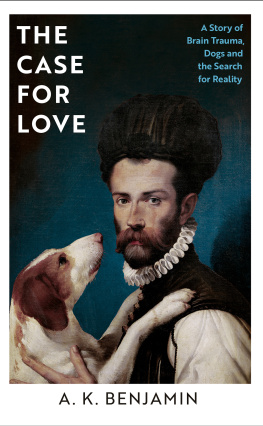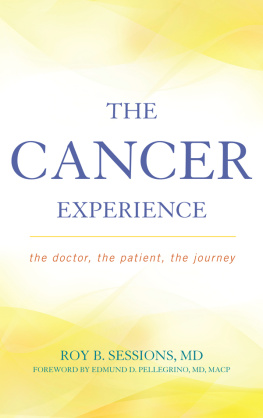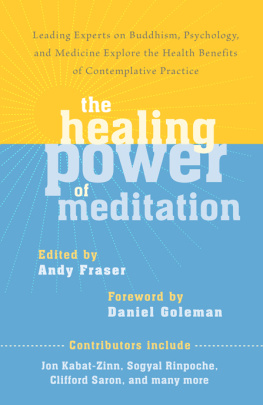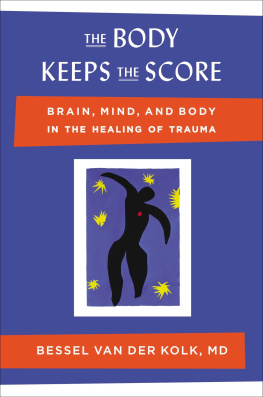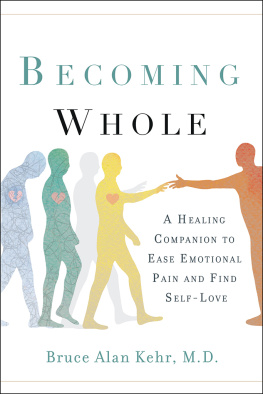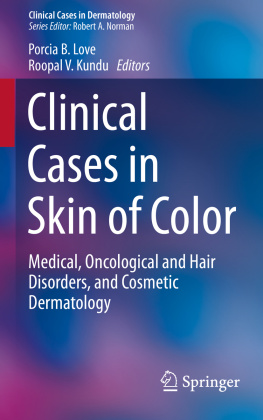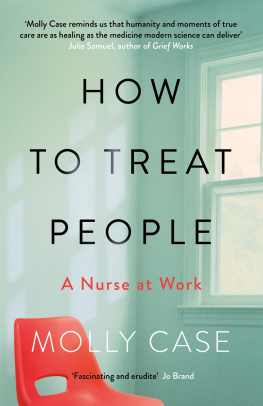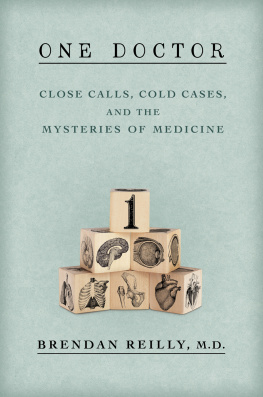About the Author
A K Benjamin is a clinical neuropsychologist and the author of Let Me Not Be Mad: A Story of Unravelling Minds.
Also by A. K. Benjamin
Let Me Not Be Mad
Authors Note
In order to ensure that no real person is identifiable from these pages and that any sensitive material on which I have drawn is protected, I have changed names, physical features, backgrounds, locations, nationalities, ethnicities and the key detail of events.

Bella
If it had been a work decision she would have made it her business to know that Montenegro (where Podgorica was the nearest neurosurgical hospital to their Albanian home) was ninth in the WHO statistics on stroke death, accounting for 29.57 per cent of the nations total mortalities. But the whole point of going there was to leave that kind of knowledge behind. Instead she got the fate she deserved; someone who lived, according to everyone that knew her, in her head, suffering a stroke that didnt kill her, not quite, not yet, but cut her off from everything below the top of her spine, just before body turns to mind.
After a four-hour ambulance ride on roads that hadnt been repaired since the war, the surgical trainee a little too old to be her grandson, but only just coiled the bleed in the longest operation of his brief career. A London-bound passenger flight was requisitioned they had to buy out the whole of first class but only after Marc had spent several hours on the phone with the insurance company proving, with interjections from the surgeon in broken English, that the haemorrhage had a non-sporting cause and would therefore be covered by her policy: Not deep-sea diving, diving in a swimming pool How deep? Marc wondered if he was speaking to a call centre. Two metres, less, one and a half No she didnt hit her head on the bottom Yes she can swim a mile front crawl yes Im sure No I cant formally prove it. He wondered if he was speaking to a person. Listen, this will be life insurance unless we get her home immediately
Bella had specialised in predicting catastrophe for insurers for whom futures were merely broad, lifeless categories in a model, until the moment they suddenly arrived, the details sickeningly filled in. She knew when they bought the place the swimming pool would be trouble, just about covered by the terms of domestic leisure. What she couldnt have known was the hours it took for the insurer to arrive at the same conclusion, at a time when hours meant oedema, rising intracranial pressure, irreparable cell death. Though the voice on the telephone didnt ask anything directly, Marc could tell it was angling the questions towards mental health, wondering aloud why anyone would choose to live on the Albanian border with Montenegro, the graveyard of a decade-long war, where instead of advanced medical technology in premium hospitals there were tree-bound husbands shaking plums from the branches into their wives bulging skirts, while their children sat in shacks learning English from American reality shows on plasma televisions the size of dinner tables. The insurer had a point; Marc had just gone along with it. Bellas decisions, often long-pondered in solitude, were always enough for him. If sanity meant taking different perspectives into account, including the effect of those perspectives on what they saw, then she was sane, relentlessly so, the sanest person hed ever met. It had driven her mad. It was high on the spreadsheet of reasons she had for leaving that world behind, moving to the middle of nowhere and diving into cool thoughtless water at the first available opportunity.
Back in the UK there was still a 200-mile ambulance ride up the M1, and then fifty more miles on A roads to the regional neuroscience centre nearest her home. Cracked concrete, dented steel in the middle of the lanes, broken LED signs that always said Accident ahead, 20; even with the siren on the unending roadworks, the weight of traffic, other near catastrophes, pushed the journey time to six hours. So much for First World problems. Albania? Her mental health? The damage was done.
*
For the first two weeks she was on the main ward of the Neuro Intensive Care Unit, a single large low-ceilinged room, whose air felt requisitioned by shock. Two rows of eight beds faced one another like a monastic choir. It was quiet like a monastery too. Occasionally someone would groan the sound of metal bowing under heat surfacing for a moment to take a gulp of life back down with them. Otherwise there was the silence of breath held, or screams shorted; no questions, no requests, no jokes, no complaints; perfect patients. There was silence on the clinicians side too, insulated by concentration, the carefulness one would have with ordnance. With words forsaken they find different ways to express themselves; the patients in the style of their death or recovery, or like her, in the refusal to do either; the clinicians with their preference for tattoos that peek out over the necklines of their cotton scrubs, wisdom texts in occult languages on the underside of their wrists. Like cave paintings the art is not for exhibition, but a deeper need to communicate; that in the absence of any audience, they are still alive.
#1 AH, 25, male, resection of grade-four glioblastoma at fronto-parietal junction. Intubated. Single, agnostic, floor-fitter.
#6 DM, 46, RTA at 60 mph. Ruptured aorta, diffuse axonal injury, orbital fracture & left femur / right ulna, possible interruption C5. Intubated. Married, four children, male, Sikh.
Two of her neighbours on the day shes admitted, printed out for the ward round in a shorthand that tells the nurses in an instant all they need to know. In NICU one could expect three to five road traffic accidents, two to three viral infections, a minimum of four neurosurgical electives, the rest a miscellany though up close its never a miscellany of accidental and willed disaster; a botched hanging, an unsuccessful jumper, a faller, a spontaneous dissection in a major artery, an argument between a couple that suddenly took a nasty turn.
Every door in the hospital has a charge, thresholds between health and something else, but the door of NICU is heavier, more guarded, more closely watched. Clinicians dip themselves like believers in a font of alcohol gel and assume the look of crisis. Re-emerging, even the most hardened reflexively lower their head a fraction before those waiting, like emissaries from another plane of existence, still blinking, reconfiguring their faces until the right shape is found. They have come to tell not talk, the message a hit and run the latest numbers, hedged predictions, deflections delivered with the authority that knows however much it enhances the error-rate of care, artificial intelligence can never replace them, or recreate that look of experience mixed with understanding that moves between heaven and earth multiple times each day.
*
It sounds fantastical, certainly none of his medical colleagues would agree, but he thinks this milieu will have left its mark in some ghostly form while she fought for her life. Technically she was in a coma for several weeks, but to say that nothing of this place so alien, so urgent, so traumatic was registered, is, he thinks, the real fantasy, unscientific even, an adjunct of the same childlike reverie that permits them to think that nobody is watching them, or that shes asleep, or that when she wakes it will be a single discrete moment, feeling nothing for the first time, remembering the weight of the swimming-pool water above her as the last thing she would ever feel; disclosed as she gently comes to, as though in a fairy tale.

